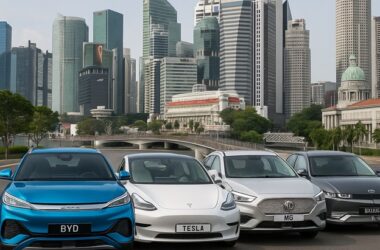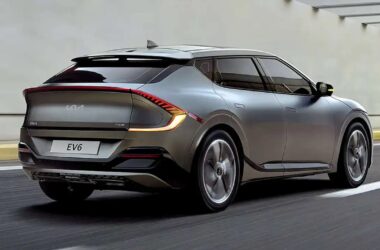The advent of the 21st century saw a transformative shift in transportation, particularly with the emergence of the Doncaster taxi service, revolutionising how we perceive and engage with travel. The concept of a taxi near me has become ingrained in our daily routines, offering unparalleled convenience and freedom. No longer bound by the rigid timetables of public transport, individuals can now book a taxi through a taxi app at their leisure, ensuring they can traverse vast distances swiftly. This local taxi service, especially taxi Doncaster, has not only facilitated ease of movement but has also significantly contributed to fostering a more interconnected community, encouraging exploration and enhancing the societal fabric. The inclusion of taxis, mentioned thrice to emphasise their integral role, underscores the monumental impact of this mode of transportation in shaping modern society.
Another significant impact of cars is their influence on economic growth. The automotive industry has become a crucial source of employment and revenue for numerous countries. Car manufacturers, dealerships, and repair shops all provide jobs and contribute to the economy. Additionally, cars have facilitated the growth of industries such as tourism and hospitality. Tourists can now easily venture into previously inaccessible areas, boosting local economies.
Moreover, cars have revolutionized the way we commute and have helped address urban congestion. With the advent of carpooling services and ride-sharing apps, more people can share a single vehicle, reducing the number of cars on the road. Additionally, the development of eco-friendly cars, such as electric and hybrid vehicles, has played a significant role in reducing pollution and combating climate change.
While cars have undoubtedly brought about numerous benefits, there are also some negative implications associated with their mass usage. One of the most prominent issues is traffic congestion. As more people own cars, the roads become more crowded, leading to increased travel times and frustration. Governments have attempted to alleviate this problem by investing in infrastructure, implementing traffic control measures, and promoting public transportation. However, finding long-term solutions remains a challenge.
Furthermore, cars have contributed to environmental degradation. The burning of fossil fuels in cars releases harmful pollutants into the atmosphere, contributing to air pollution and climate change. The industry’s rapid growth has led to increased consumption of resources, such as oil and natural gas, further depleting our planet’s finite reserves. To combat these issues, car manufacturers are investing in the development of eco-friendly alternatives such as electric and hydrogen-powered vehicles.
In recent years, the automotive industry has witnessed remarkable advancements in technology. Cars are now equipped with cutting-edge features such as GPS navigation, Bluetooth connectivity, and autonomous driving capabilities. These innovations have greatly enhanced the driving experience, making it safer and more convenient. With the rise of self-driving cars, the future of transportation seems closer than ever.
In conclusion, cars have had a profound impact on our society. They have provided us with freedom, convenience, and economic growth. However, their mass usage has also led to challenges such as traffic congestion and environmental degradation. As we move forward, it is crucial to strike a balance between the benefits of car usage and minimizing its negative impacts. The future of transportation lies in further advancements in technology, embracing sustainable alternatives, and creating a more efficient and interconnected world.










